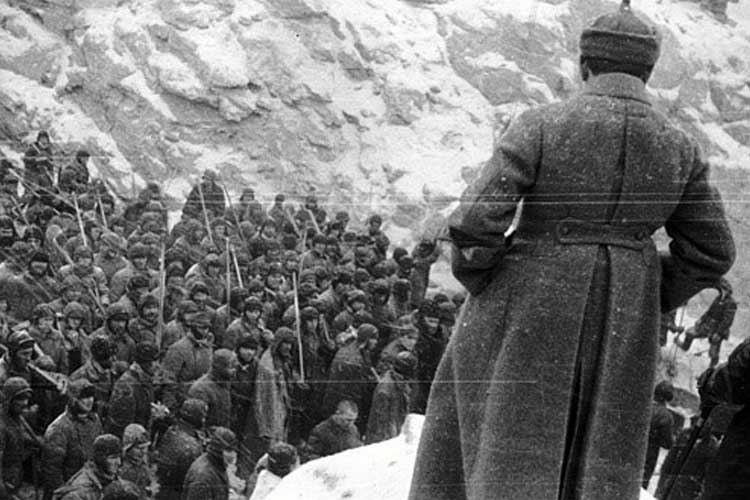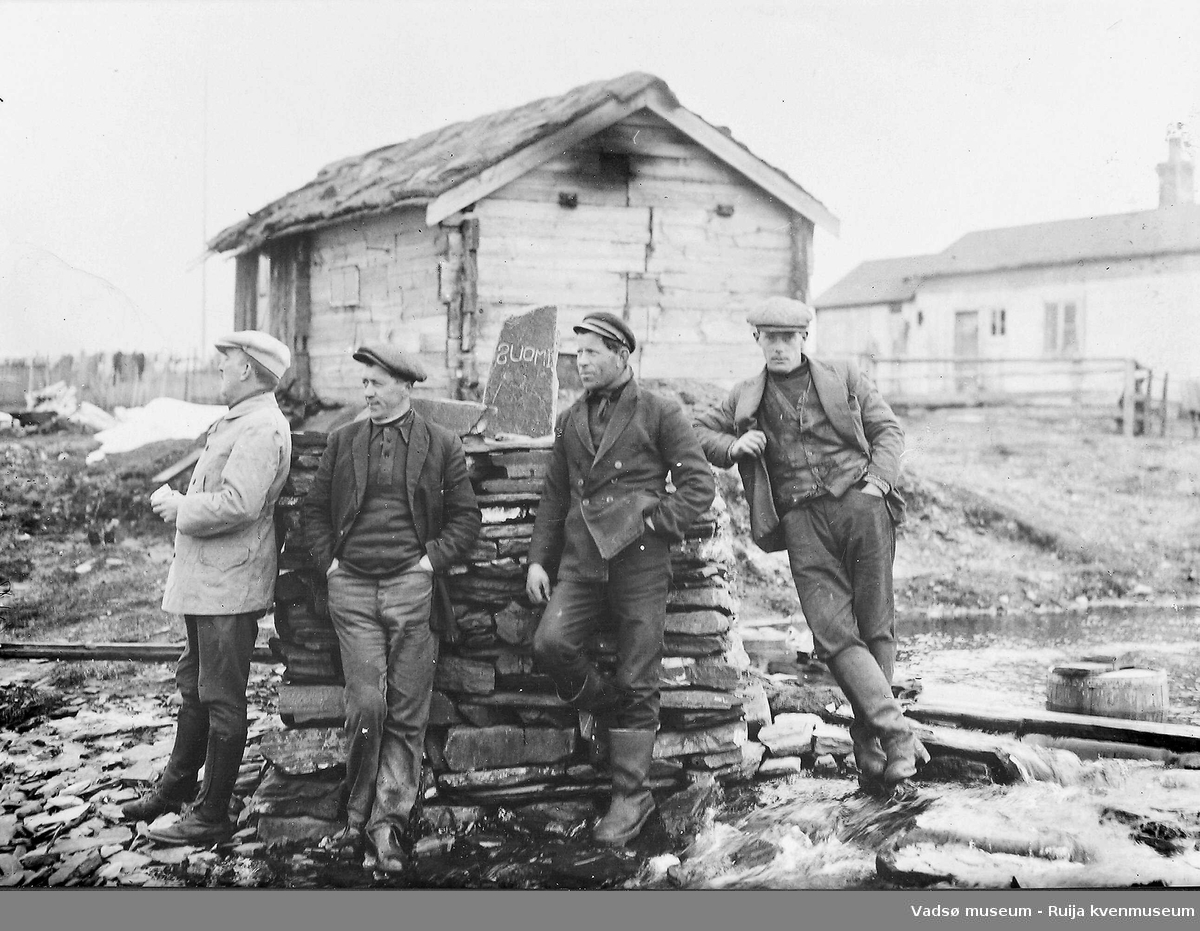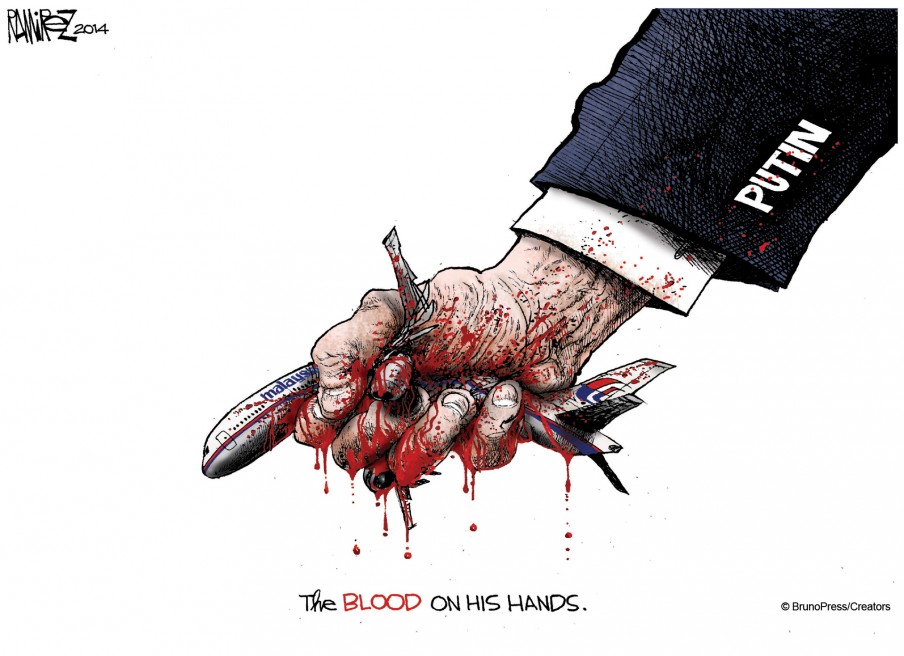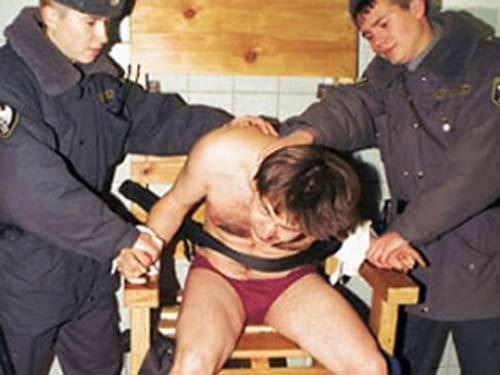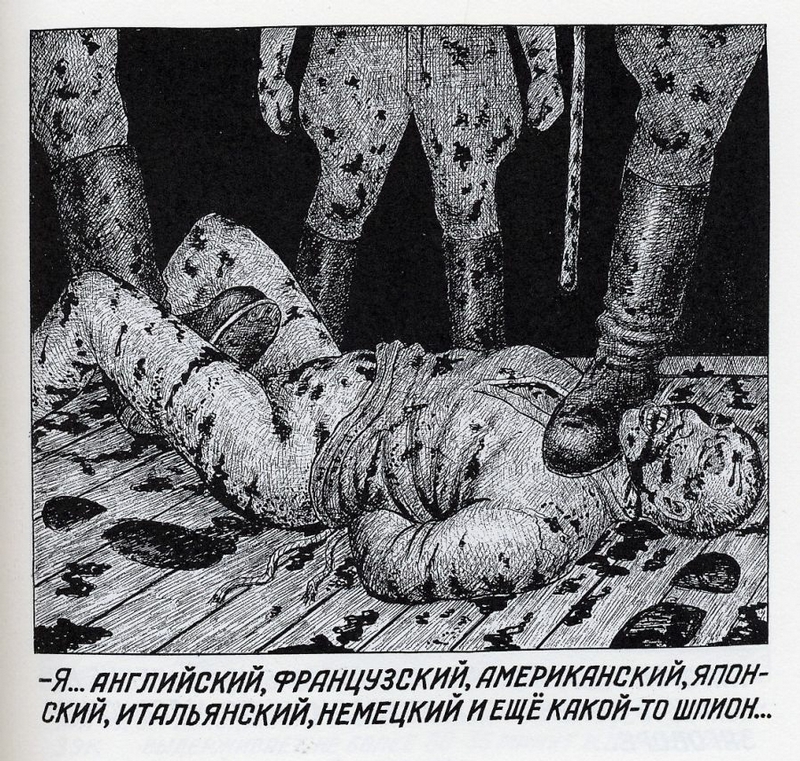Given Vladimir Putin’s obsession with the Soviet Union whose demise he regularly calls “the greatest geopolitical disaster” of the 20th century, one might assume that most Russians would remember more about it than they do. But a new poll suggests such an assumption would be wrong. And what they do remember is influenced by nostalgia and not by facts.
According to a VTsIOM poll, almost one in five Russians can’t say what the letters “USSR” stand for, and only six percent can correctly name the 15 republics that became independent countries. Not surprisingly, 30 years on, young Russians do less well than their parents on both measures.
“More than a quarter of those polled – 27 percent – could not name even a single republic, and among those under 34, that figure rose to almost half – 48-49 percent” – RBC reports. The republic Russians were least likely to remember was the RSFSR: Only 28 percent recalled that it was one of the union republics.
One Russian in five associated the Soviet Union with faith in a bright future, stability and confidence in tomorrow. People in the military and people with higher education as well as those over 45 and especially over 60 were most likely to mention these positive elements. Older people felt nostalgia for the USSR because they grew up in it.
Much smaller percentages mentioned negative things about the Soviet Union:
- Five percent mentioned shortages of goods and food, lines in stores and food ration cards;
- Four percent mentioned deception by Soviet leaders, limits on freedom, economic stagnation and widespread poverty;
- “Only one percent connected the USSR with the Red Terror, repressions, shootings and the GULAG.”
And just one percent mentioned the existence of the iron curtain between the USSR and capitalist countries.
Read More:
- Moscow moves from justifying GULAG to glorifying it
- GULAG was not something far away in Siberia: it was all around, even in Moscow
- ‘Friendship of the peoples’ – one of many Soviet myths waiting to be debunked, Mirovich says
- The Soviet foundations of Russia’s Great Patriotic War myth
- The myth of “historically Russian Crimea”: colonialism, deconstructed
- Soviet soldiers who were shot by their own people recalled
- In post-Soviet countries, ethnic Russians are assimilating to titular nationalities, Kozlov says




